Keywords: Mad Men
There are more than 200 results, only the first 200 are displayed here.
-
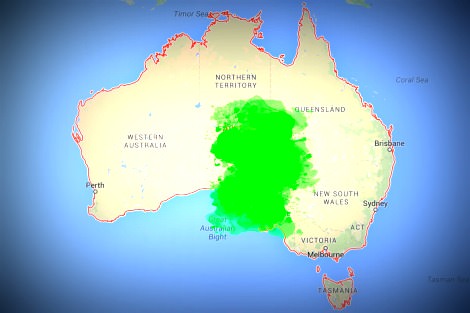
ENVIRONMENT
- Michele Madigan
- 10 February 2016
8 Comments
The South Australia Royal Commission into the nuclear fuel cycle will give its interim report at the Adelaide Town Hall next Monday. It is likely the Commission will recommend that the South Australian Premier's plan to import international high-level radioactive waste proceed, despite obvious risks and clear dangers. It would be a mistake for anyone living outside of South Australia to think that this is just a South Australian problem. Transport and containment risks are hugely significant.
READ MORE 
-
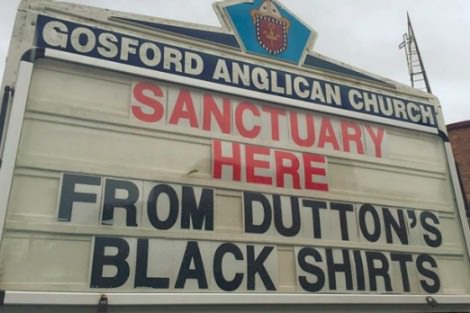
INTERNATIONAL
- Justin Glyn
- 08 February 2016
16 Comments
Churches across Australia have made headlines by offering sanctuary to those who stand to be returned to Nauru following the High Court ruling, including 37 babies and a raped five-year-old whose attacker still resides there. In doing so, they have been rediscovering an old concept and reminding the government what refugee law was for in the first place. As in the Dark Ages, where the organs of the state are unable or unwilling to protect the vulnerable, it is the churches who are speaking out.
READ MORE 
-
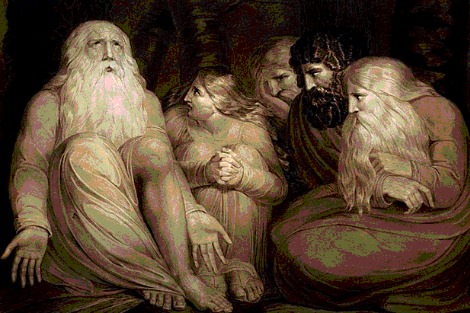
AUSTRALIA
- Gillian Bouras
- 29 January 2016
9 Comments
Nobel Laureate Isaac Bashevis Singer often made his characters ask the eternal questions, chiefly Why do we suffer? I can't profess to have any answers to this, except that it is obvious that 'time and chance happeneth to all'. Two examples of such happenings are the huge numbers of ill-fated refugees fleeing Syria and other trouble spots, and the needless death of young Sarah Paino of Hobart, wife and mother, who was killed when a speeding stolen car crashed into hers.
READ MORE 
-
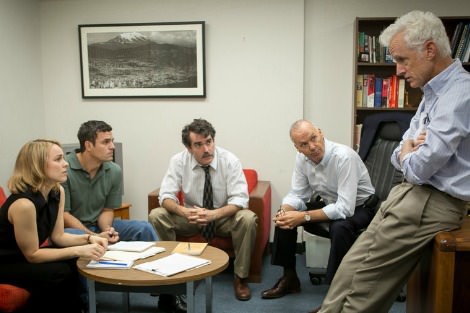
ARTS AND CULTURE
- Richard Leonard
- 28 January 2016
18 Comments
This is one of the angriest films you will ever see. In the Bible we hear about righteous anger, where God or humanity realises something is so wrong and sinful that 'holy anger' is the first and right response. At its best in the scriptures this anger leads to justice, making things right. Spotlight is an occasion for holy, righteous anger and every adult Catholic should see it.
READ MORE 
-

ARTS AND CULTURE
- Tim Kroenert
- 21 January 2016
2 Comments
It's less than a year since we lamented the lack of non-white faces among 2015's Oscar nominees. This year the situation is even grimmer, with not one non-white face among 20 nominees for acting awards, despite a raft of clear contenders. It is ironic, because at first glance, concepts of empowerment and inclusion seem to have been at the forefront of Academy members' minds. The theme of bringing marginalised or oppressed groups into the centre, or of restoring power and dignity to vulnerable individuals from whom it has been stripped, run through many of this year's nominated films.
READ MORE 
-
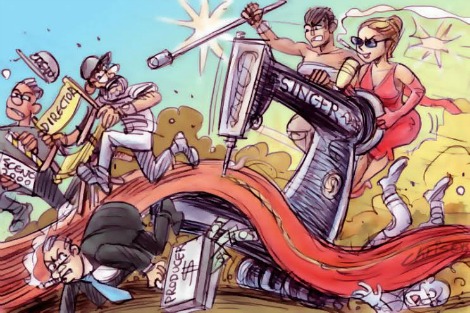
MEDIA
- Rochelle Siemienowicz
- 13 January 2016
The success of the Australian comedy The Dressmaker is thrilling to those watching the local film industry. There's more to cheer in the fact the film is proudly female in both story and production. We're not as bad as Hollywood, but even in Australia, there are not enough films for women, about women and by women. Since the 1970s male directors have been responsible for more than 85 per cent of the feature films made. Why does it matter? Because women are more likely to tell stories about women.
READ MORE 
-
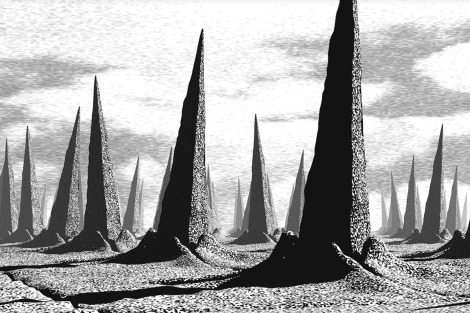
ENVIRONMENT
- Michele Madigan
- 11 December 2015
13 Comments
The state of Nevada continues to show its resolve by its longterm refusal to host a national nuclear waste dump. Such is their success that President Barack Obama has continued to back their opposition. It would certainly be beyond their comprehension that any community, any government, would volunteer to take other countries' nuclear waste, which remains radioactive for thousands of years. Yet in Australia, this is what nuclear proponents, the SA premier, and now the prime minister are backing.
READ MORE 
-

RELIGION
- Frank Brennan
- 09 December 2015
2 Comments
'I joined the Jesuits in 1975 just as the previous 32nd General Congregation (GC32) was concluding. Pedro Arrupe was at the height of his powers. That Congregation asked the question: 'What is it to be a companion of Jesus today?' and answered unequivocally, 'It is to engage, under the standard of the Cross, in the crucial struggle of our time: the struggle for faith and that struggle for justice which it includes.' I have always regarded myself as a GC32 Jesuit. Many of those who gathered for GC33 thought that the GC32 mission was a little too one-dimensional. I suspect Bergoglio was one of those.' Frank Brennan on the eve of the Catholic Church's Jubilee Year of Mercy.
READ MORE
-
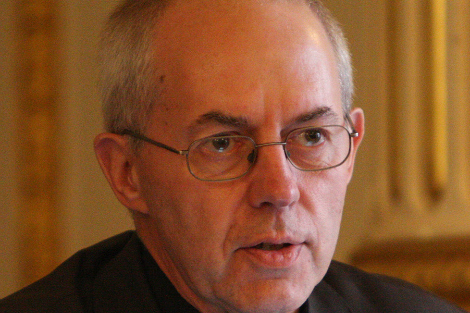
INTERNATIONAL
- Binoy Kampmark
- 08 December 2015
15 Comments
The 'Just War' doctrine has made a reappearance, in the form of an endorsement from the Archbishop of Canterbury Justin Welby. The occasion was the debate in the British House of Commons to expand the air conflict against ISIL into Syria, in what is already a horrendously crowded airspace. The endorsement was filled with doubts, however, and rightly so. For all the surmising that has taken place, it is very difficult to see how one might bring the various enemies to the prosperity of peace.
READ MORE 
-
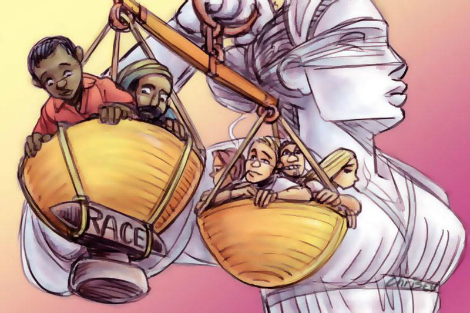
AUSTRALIA
- Ruby Hamad
- 30 November 2015
10 Comments
It is naive to equate racism with individual acts of bigotry. The current anti-Muslim and anti-Arab sentiment for instance goes deeper than sporadic attacks against individuals. Australian jobseekers with Middle-Eastern sounding surnames must submit up to 64 per cent more resumes than someone with an Anglo name in order to secure an interview. People may not actively engage in racist displays against Arabs, but that doesn't mean they are willing to spend time in close proximity to them.
READ MORE 
-

RELIGION
- Frank Brennan
- 30 November 2015
6 Comments
'No one doubts the pastoral sensitivity of Pope Francis. But the Church will continue to suffer for as long as it does not engage in open, ongoing discussion and education about the issue of women's leadership. The official position is no longer comprehensible to most people of good will, and not even those at the very top of the hierarchy have a willingness or capacity to explain it.' - Fr Frank Brennan SJ outlines five challenges and opportunities for the Catholic Church in the 21st century.
READ MORE
-

AUSTRALIA
- Esther Anatolitis
- 26 November 2015
2 Comments
One of the few industries lacking a national advocacy platform, the arts, was stunned when a political move was made to undermine the key policy and investment body. The Australia Council is still reeling, and arts leaders from around the country are scrambling to save their organisations and support their colleagues following the Council's drastic cancellation of entire funding rounds. At stake here is the nature of Australian culture and the public experience of it, both now and into the future.
READ MORE 